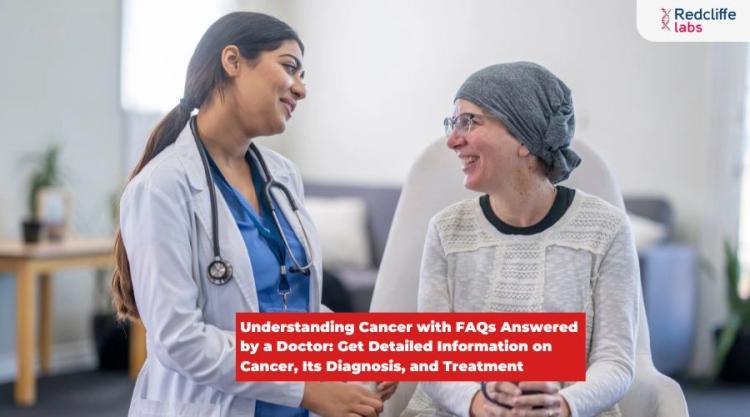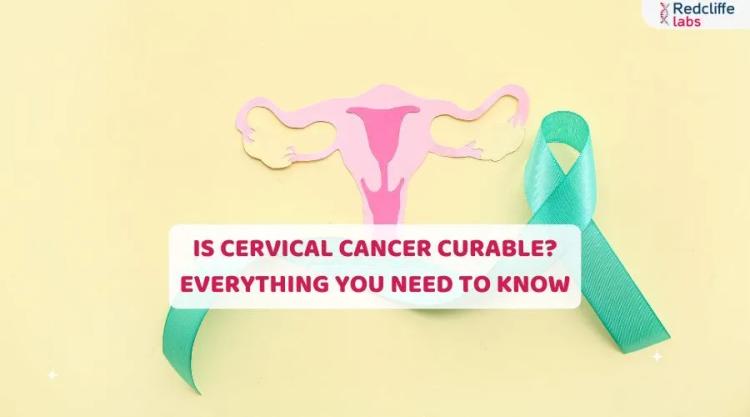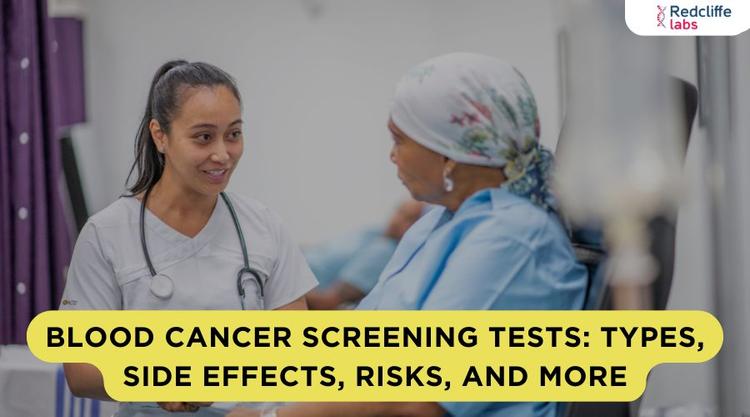BRCA Mutations: What You Need to Know About Increased Cancer Risk

Medically Reviewed By
Dr. Ragiinii Sharma
Written By Dr Divya Rohra
on Feb 3, 2024
Last Edit Made By Dr Divya Rohra
on Jun 25, 2025

The intricate system of genes that controls everything in the human body, from disease susceptibility to hair color, makes it a complex machine. Among these, the genes BRCA1 and BRCA2 are important for DNA repair because they suppress tumors and preserve the integrity of our genetic code. Sadly, changes in these genes can cause havoc with this process and greatly raise the risk of developing some cancers, especially ovarian and breast cancer.
Anyone concerned about their risk or with a family history of cancer must understand BRCA mutations. This article explores the science underlying these mutations, how they affect cancer risk, and how to make sense of this important information.
The Guardians of Your Genes: BRCA1 and BRCA2
Think of your DNA as a finely tuned blueprint for building and sustaining your body. BRCA1 and BRCA2 monitor this blueprint continuously for mistakes and damage, much like watchful builders. When they find an error, they start repair processes so the instructions stay correct and work. However, these genes can become inactive due to mutations, leaving DNA open to accumulating mistakes.
These mistakes, called mutations, can interfere with essential biological functions, possibly resulting in unchecked cell division, the hallmark of cancer. This vulnerability is especially noticeable in breast and ovarian tissues in the case of BRCA mutations, which explains the elevated risk linked to these genes.
The Numbers Game: Quantifying Your Risk
While having a BRCA mutation does not ensure cancer, it does unquestionably tip the odds in its favor. Data provide a more accurate picture: women carrying a BRCA1 mutation have a 45–85% lifetime risk of breast cancer, while those carrying a BRCA2 mutation have a 31–56% risk. These figures compare to the general population’s 12% lifetime risk. The statistics regarding ovarian cancer are also noteworthy; carriers of BRCA1 and BRCA2 mutations have a 10–46% and 2.4–19% risk, respectively.
Although these numbers can be intimidating, they also provide important knowledge. Being aware of your BRCA status gives you the ability to take preventative action, giving you the ability to beat the odds and take charge of your health.
Expanding the Scope: Cancer Risks Beyond Breasts and Ovaries
The impact of BRCA mutations extends far beyond breast and ovarian cancers, often thought of as the primary concern. Men with BRCA2 mutations face a heightened risk of pancreatic and prostate cancers, along with a slightly increased susceptibility to breast cancer. Moreover, even if specific BRCA1 or BRCA2 mutations aren’t directly inherited, a family history of BRCA mutations can elevate the risk of developing other cancers in family members.
Therefore, comprehensively assessing your cancer risk landscape demands a meticulous examination of both your family history and your unique genetic makeup.
Navigating the Test: Who Should Consider BRCA Testing?
A simple blood test, BRCA testing can be a powerful instrument in navigating your cancer risk. While not universally recommended, individuals with specific risk factors are strongly encouraged to consider it. These include:
- Personal or family history of breast or ovarian cancer, especially before age 50.
- Multiple family members with any cancer.
- A diagnosis of pancreatic or prostate cancer.
Consulting a genetic counselor can help you decipher your risk factors and determine if BRCA testing is the right decision for you. They can also provide a safe space to address any anxieties or concerns regarding testing and its implications.
A Positive BRCA Test: Charting a Proactive Course
A positive BRCA test result, while understandably unnerving, is not a cancer diagnosis. It simply unveils a higher risk. However, this knowledge becomes your shield, empowering you to take proactive steps and significantly reduce that risk.
Several strategies can guide you on this path:
- Heightened vigilance and early detection: Frequent screenings for breast and ovarian cancers, including mammograms, ultrasounds, and BRCA-specific MRIs, become crucial for swift identification and intervention.
- Preventive measures: For women with BRCA mutations, certain medications can demonstrably lower the risk of breast cancer. In high-risk cases, preventive surgeries like mastectomy or removal of ovaries and fallopian tubes may be considered following discussions with your doctor.
- Lifestyle modifications: Maintaining a healthy weight, adopting a balanced diet, and embracing regular exercise are all powerful tools in your cancer prevention arsenal.
These measures, guided by your doctor and genetic counselor, can significantly lower your cancer risk and provide peace of mind.
Negative Result: Relief and Continued Vigilance
A negative BRCA test results are encouraging, but they do not imply immunity. Environmental factors or additional genetic mutations could put you at risk for cancer. However, it eliminates the increased risk connected to BRCA1 and BRCA2 mutations.
Managing Your Remaining Risk
Frequent cancer screenings are still important even if the BRCA test results are negative. Follow your physician’s recommended screening plan for ovarian, breast, and other relevant cancers based on your risk factors and family history. Sustaining a healthy lifestyle is essential for preventing cancer in general.
Sharing the Knowledge
You might want to let your immediate family members know if your BRCA mutation test results are negative. A family history of cancer or other genetic factors may put them at risk even if you did not inherit the specific mutations. They can take charge of their health by being encouraged to talk to a healthcare provider about their risk and to think about genetic counseling.
Beyond BRCA: The Evolving Landscape of Genetic Testing
The field of genetic testing for cancer risk is always developing. Although BRCA1 and BRCA2 are still the main targets, new genes and mutations linked to different cancers are being found by research quite quickly. Personalized risk assessment and preventive measures will become possible as our knowledge of the genetic landscape of cancer grows.
You can make educated decisions about your future health and proactively manage your cancer risk by keeping up with these advancements and talking about them with your healthcare provider.
Living with BRCA Knowledge
Knowing this can be powerful whether or not you have a BRCA mutation. It enables you to take charge of your health, plan your future with knowledge, and speak up for yourself when dealing with the healthcare system. Never forget that you are not traveling alone. Seek assistance from loved ones, close friends, and medical professionals who are aware of the difficulties and uncertainty you may be facing.
In the end, BRCA mutations do not determine your fate, even though they do pose a higher risk. By being informed, taking preventative action, and maintaining constant awareness, you can greatly lower your risk and lead a happy, healthy life.
Redcliffe Labs provides thorough BRCA testing and genetic counseling, giving you the information and unique perspectives you need to make an informed decision. Redcliffe Labs is dedicated to providing state-of-the-art technology and compassionate support so that you can understand your genetic blueprint, recognize potential vulnerabilities, and take preventive action specific to your needs. Don’t hesitate to take charge of your health by scheduling your test at https://redcliffelabs.com/ today!



